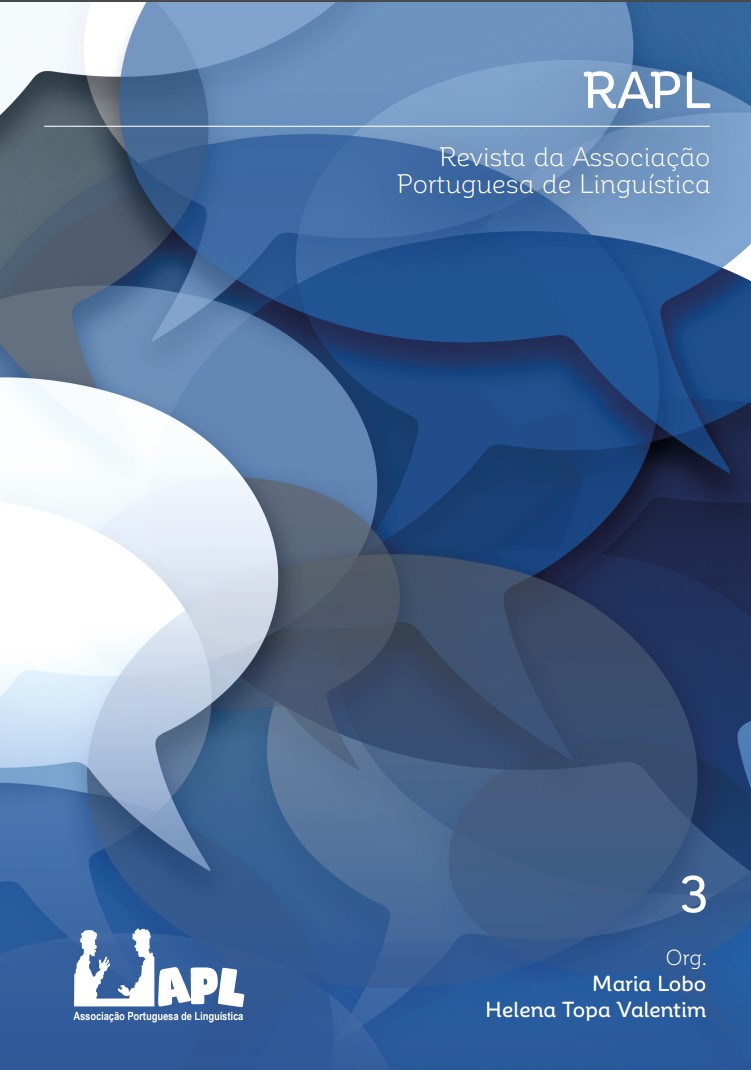Is an octopus the same as a duck? On the impact of phonological variables on the assessment of metalinguistic knowledge
DOI:
https://doi.org/10.26334/2183-9077/rapln3ano2017a3Keywords:
phonological awareness, prosody, word length, word stress, syllable structureAbstract
Most tools used to assess phonological awareness (PA) are not controlled from a phonological perspective. However, research available for different languages refers the impact of phonological variables in the assessment of this type of linguistic knowledge. In this paper, we will be focused on the impact of the prosodic variables word length, syllable constituency and word stress in the performance of tasks assessing Portuguese children’s PA. A sample of 49 monolingual and typically developing Portuguese children was gathered (22 first graders and 27 third graders). Three tasks were used to assess syllable awareness (1 segmentation task, 1 identification task, 1 omission task); one segmentation task assessed the children’s segmental awareness; another segmentation task assessed their awareness of syllable constituency. Although some studies report the effect of all prosodic variables mentioned above (see state of the art below), the results in this paper show a significant effect of syllable structure, lexical stimuli with branching onsets and branching rhymes being the most problematic, but no significant effects of word length or word stress. The results are an empirical contribution for the discussion of the aspects that need to be taken in to account to build PA assessment tools and to plan intervention in clinical and in educational contexts
Downloads
Downloads
Published
How to Cite
Issue
Section
License
Copyright (c) 2017 Catarina Afonso, Maria João Freitas

This work is licensed under a Creative Commons Attribution-NonCommercial-ShareAlike 4.0 International License.
Authors retain copyright and concede to the journal the right of first publication. The articles are simultaneously licensed under the Creative Commons Attribution License, which allows sharing of the work with an acknowledgement of authorship and initial publication in this journal.
The authors have permission to make the version of the text published in RAPL available in institutional repositories or other platforms for the distribution of academic papers (e.g., ResearchGate).




